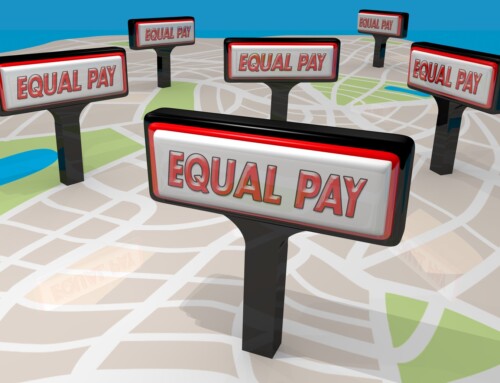 ◆Approximately half of all dispatch workers have experienced maternal harassment
◆Approximately half of all dispatch workers have experienced maternal harassment
According to the results released to the public from the first survey conducted by the Ministry of Health, Labour and Welfare on maternal harassment (often abbreviated as ‘matahara’), 48.7% of dispatch workers responded that they ‘had experienced maternal harassment’, a huge number over the 21.8% of permanent full-time workers who responded affirmatively. Additionally, contract workers replied affirmatively to the question at 13.3%, and part-time workers at 5.8%.
Concerning the details of the maternal harassment they experienced, the most frequent at 47.3% was being the target of aggravated words such as ‘You are a nuisance’ and ‘Just quit already’. 21.3% were bluntly told to ‘stop working’, 20.5% were told ‘their employment contract is up’, continuing to where 15.9% of workers were ‘forced to retire or forced to change employment to non-regular employee status’.
◆Reality of the damage suffered by dispatch workers
The background behind dispatch workers suffering the most maternal harassment damage lies in the problem of the instability of dispatch work. Besides cases where the workplace of a dispatch worker terminates their contract after becoming pregnant or switches them out for a different dispatch worker, because the dispatch company where they are registered has the same superiors and coworkers, analysis shows that the relative occurrence of chances to suffer maternal harassment increases greatly.
◆What are the plans to improve the situation like?
To prevent maternal harassment, the Ministry of Health, Labour and Welfare will revise the ‘Child Care and Family Care Leave Act’ and the ‘Equal Employment Act’, and will express a policy obliging company compliance in preventing maternal harassment.
The basic content of the revisions includes the obligation for companies to set up consultation windows; for not just dispatch companies but the dispatch workplaces themselves to ban the practice of cutting short dispatch contracts using childcare leave as the reason; and other such steps to strengthen maternal harassment countermeasures. These revisions will be debated in 2016, aimed at a 2017 implementation.
Once the revised laws come into force, as companies will see demand to fix their childcare leave policies and their initiatives to prevent maternal harassment, everyone will be watching to see what they do.




